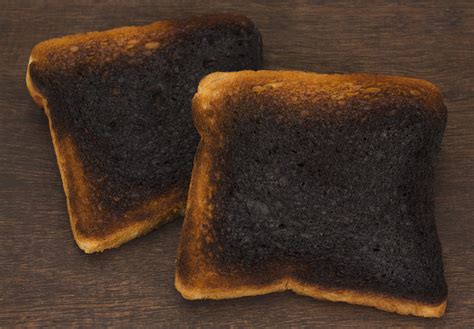

Well there’s a lot of shows with a dated sense of humour and morality. So I won’t call any of those out. Y’know anything racist or sexist etc whether intentional or not.
I’m also ignoring the fact that many shows would fail now BC what they did back then would be cliche by now. If Tolkien wrote lotr now it would be a good genre book but not what it is.
Having explained my criteria I’ll go for the comedies of Jim Carey. I guess anything with a laugh track for one. I think comedy dates bad, slapstick physical comedy on the other hand is more universal and lives on, like Conan O’Brien for example. But I still don’t think that dumb and dumber would work. I’d also add superbad to this.
The thing is all art is a product of it’s era, being timeless is difficult and nearly impossible. An Alfred Hitchcock movie released today would fail since all that he’s done has changed cinema already.








The grandfather paradox.
But also, even Tolkien borrowed from those before him, thats the nature if art. Hell its the nature of everything. You build on the shoulders of those before you. Beowulf for example.
The prophecy of the witch king is inspired by Macbeth. The ent attack from birnam woods.
A lot of the book is influenced by the first world war, like mordor.
Also borrows from Christianity and the classical era. Feanor from Prometheus, Turin from Oedipus, beren and luthien from Orpheus and Eurydice.
I could make a million comparisons. Perhaps we wouldn’t end up in the world we’re in. Or perhaps all that was layed before him had already allowed a pathway to where we are now. He was just the incredible vessel.